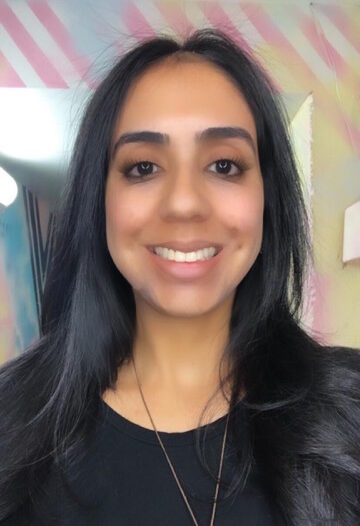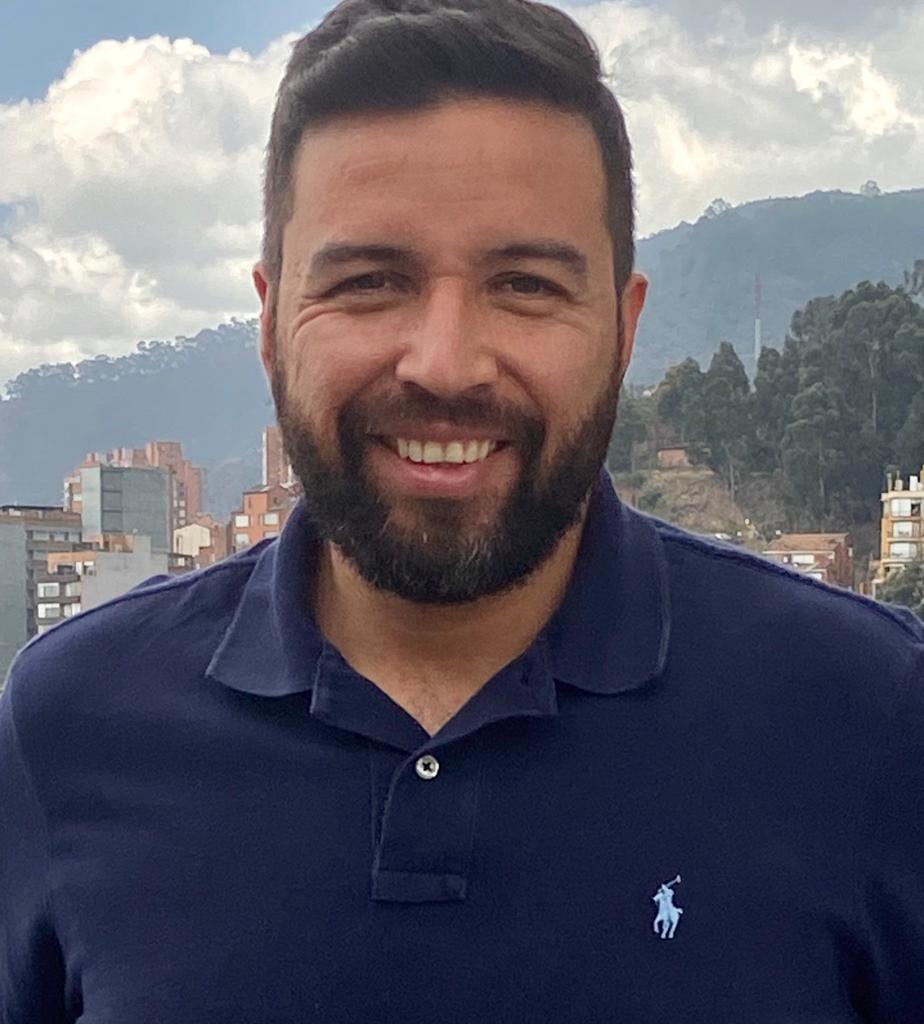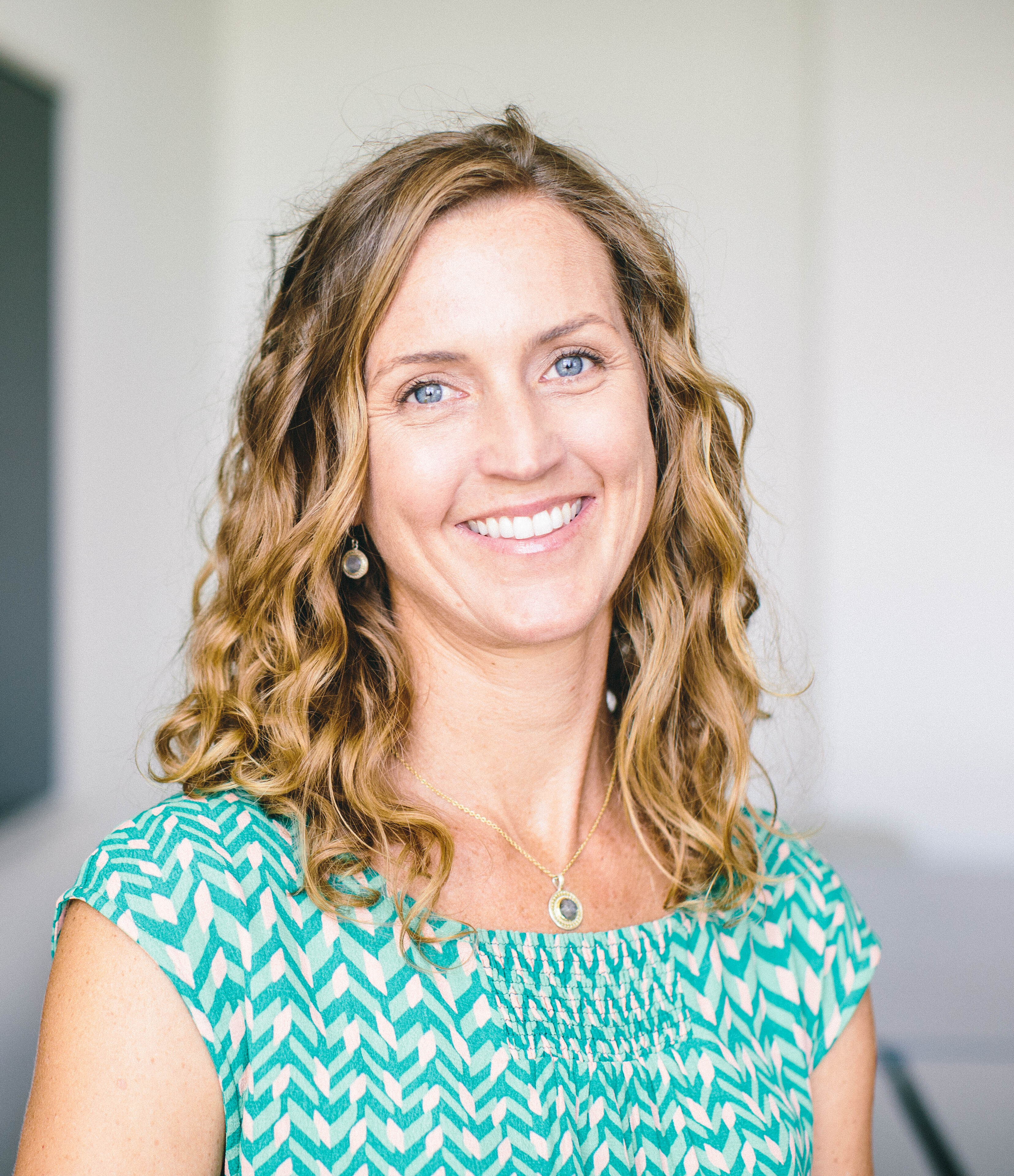ICNC launched the Curriculum Fellowship Program in 2014 to support development of courses on nonviolent conflict and promote teaching in the growing field of civil resistance studies. Seven curriculum fellows were selected the inaugural year. In 2016, ICNC added a new component to the program: online courses for our fellows to teach. That became an integral part of the initiative and, soon, the 2017 fellows were teaching both classroom-based and online courses on civil resistance.
ICNC is excited to continue the Curriculum Fellowship Program by accepting five fellows for the 2020-2021 cohort.
The 2020 Fellows are:
Mario “Mayong” Aguja
Eric Lepp
Nara Roberta Silva
Sergio Alberto Zabaleta Bejarano
Katie Zanoni
 Mario “Mayong” J. Aguja is a Professor at the Department of Sociology of the Mindanao State University–General Santos City, Philippines. He teaches undergraduate sociology courses and graduate courses in Public Administration, Sustainable Development Studies, and Philippine Studies. He is a Public Sociologist and currently President of the Philippine Sociological Society.
Mario “Mayong” J. Aguja is a Professor at the Department of Sociology of the Mindanao State University–General Santos City, Philippines. He teaches undergraduate sociology courses and graduate courses in Public Administration, Sustainable Development Studies, and Philippine Studies. He is a Public Sociologist and currently President of the Philippine Sociological Society.
As an educator, Prof. Aguja holds a PhD in International Cooperation Studies from Nagoya University, Japan, an MA in Sociology at the University of the Philippines in Diliman, Quezon City, and, an AB in Sociology at the MSU–Gen. Santo City. He was an International Research Fellow at the Graduate School of Sociology at the University of Tokyo, Japan. He took up graduate studies in Comparative Culture at Sophia University in Tokyo, Japan. He is currently pursuing his doctorate in Public Administration at the Ateneo de Davao University, Philippines.
Prof. Aguja is an active citizen. He was a student leader, a street parliamentarian, and a community organizer before becoming a member of the House of Representatives of the Philippine Congress from 2002-2007. He is currently the President of the MSU–GenSan Faculty Union. As a son of Mindanao, he is actively involved in peace initiatives in the Southern Philippines. Besides being a peace educator, he is also a member of the Independent Decommissioning Body (IDB) tasked to oversee the decommissioning of combatants and weapons of the Moro Islamic Liberation Front (MILF) under the peace agreement with the Government of the Philippines.
Course Title: Hybrid Course on Civil Resistance and Nonviolent Actions
Course Location: School of Graduate Studies, Mindanao State University–General Santos City, Philippines
Course Term: Fall 2020
Course Abstract: This course aims to introduce to graduate students, faculty members, and union leaders the concept of civil resistance—its theory and practice around the world and in the Philippines. It will examine the concepts, history, types, and various responses to civil resistance at both the global and local levels. It seeks to inculcate the importance of nonviolent actions in the pursuit of “positive peace” (the quest for social justice) and teach the values of global citizenship and global ethical responsibility. It finds its relevance in a region in the southern Philippines transitioning to peace after decades of violent conflicts in a quest for self-determination, better known as the Bangsamoro struggles. For graduate students, the course forms part, and carefully integrated, in the graduate course PS 210 (Philippine Studies 210 -Seminar in Peace Studies) for MA students in Philippine Studies at the School of Graduate Studies of the Mindanao State University-General Santos City, Philippines.
 Eric Lepp completed his PhD at the Humanitarian and Conflict Response Institute – University of Manchester (UK) following his master’s degree from the Kroc Institute for International Peace Studies – University of Notre Dame (USA). His current research explores spaces of contact and the construction of community that includes the ‘other’ in conflict-affected societies. He is particularly interested in the counter-cultural, resistant, and unexpected spaces where peace is being enacted and imagined against a backdrop of division and asymmetrical power relations.
Eric Lepp completed his PhD at the Humanitarian and Conflict Response Institute – University of Manchester (UK) following his master’s degree from the Kroc Institute for International Peace Studies – University of Notre Dame (USA). His current research explores spaces of contact and the construction of community that includes the ‘other’ in conflict-affected societies. He is particularly interested in the counter-cultural, resistant, and unexpected spaces where peace is being enacted and imagined against a backdrop of division and asymmetrical power relations.
Course Title: Contemporary Nonviolent Movements
Course Locatuion: Department of Peace and Conflict Studies, Conrad Grebel University College, University of Waterloo, Canada
Course Term: Winter 2021
Course Abstract: Through comparative case studies, this course examines contemporary nonviolent movements that illustrate pacifist and other nonviolent strategies for advancing social justice and other high-value political goals. Local, national and transnational campaigns that seek to shape the agenda for global change are examined alongside movements of more limited scope and ambition (e.g. national liberation movements, civil rights campaigns, struggles for democracy). Throughout, attention will be given to trends in practice and to debates concerning the effectiveness, ethical significance, and current relevance of nonviolent change methods.
Course Term: Winter 2021
 Nara Roberta Silva is a Brazilian sociologist based in NYC. She is an Associate Faculty Member at the Brooklyn Institute for Social Research, working on social movements and democracy, global Marxism, and post/anti-colonialism. She also teaches introductory and advanced sociology classes to undergraduate students at Lehman College, CUNY. Nara’s current research project investigates the challenges experienced by contemporary participatory democracy movements in the U.S. and Brazil.
Nara Roberta Silva is a Brazilian sociologist based in NYC. She is an Associate Faculty Member at the Brooklyn Institute for Social Research, working on social movements and democracy, global Marxism, and post/anti-colonialism. She also teaches introductory and advanced sociology classes to undergraduate students at Lehman College, CUNY. Nara’s current research project investigates the challenges experienced by contemporary participatory democracy movements in the U.S. and Brazil.
Course Title: The Tools of Social Movements
Course Location: Brooklyn Institute for Social Research, New York, United States
Course Term: Spring 2021
Course Abstract: The course explores why social movements can have wins and achievements despite their lack of institutional and economic power. Through the role of agency in social movements, the course is an invite to discussing strategy and tactics—the pillars of civil resistance. The classes showcase the importance of individuals’ skills and choices to movement emergence, paths, and outcomes and aim to familiarize students with nonviolent action methods while also considering issues related to tactical innovation and adaptation.
 Sergio Alberto Zabaleta Bejarano, is a political scientist from the Pontificia Universidad Javeriana who has been deeply involved in peacebuilding initiatives working with conflict-affected populations in Colombia. He holds an MPhil in Conflict Resolution and Reconciliation from the Trinity College Dublin and he has more of ten years of work expertise in income generation programs for youth, women, former combatants and victims of armed conflict.
Sergio Alberto Zabaleta Bejarano, is a political scientist from the Pontificia Universidad Javeriana who has been deeply involved in peacebuilding initiatives working with conflict-affected populations in Colombia. He holds an MPhil in Conflict Resolution and Reconciliation from the Trinity College Dublin and he has more of ten years of work expertise in income generation programs for youth, women, former combatants and victims of armed conflict.
In his professional career, he has worked for international cooperation organizations such as CUSO International and the Netherlands Institute for Multiparty Democracy (NIMD), training representatives from grassroots level organizations and social defenders in mediation and negotiation in conflict-affected municipalities in Colombia. In addition, Sergio has also worked with United Nations agencies such as the International Labor Organization (ILO) and the United Nation Development Program (UNDP) in labor inclusion and emergency employment programs for sensitive populations.
Course Title: Reflections on Civil Resistance from Social Movements in Colombia
Course Location: Faculty of Human, Social and Educational Sciences – Universidad INCCA de Colombia
Course Term: Fall 2020
Course Abstract: This course will provide conceptual tools and empiric experiences in civil resistance in order to train practitioners as active agents of changes able to acknowledge peaceful means as the main way to redress costumes and institutions that have contributed to perpetuate violence in Colombia. In six sessions, this course will review experiences from four of the most acknowledged civil resistance movements in Colombia, their history, motivations, strategies and outcomes when it comes to face legal and illegal forces to reject violence in their territories. It is expected that this course will raise awareness in students and other key players involved in conflict transformation how civil resistance principles works as legitimate ways to challenge the status quo and those structures that promote exclusion and inequality.
 Katie Zanoni holds an EdD in International and Multicultural Education from the University of San Francisco and is co-founder of Education for Transformation, a consultancy group of scholar-practitioners advancing transformative approaches to peacebuilding, human rights and social justice education. She has over 20 years of experience in program design and management in the education and nonprofit sector. After Zanoni obtained her MA in Peace and Justice Studies at the University of San Diego, she co-founded and lectured in the first Peace Studies Associate Degree program at San Diego City College (SDCC). As a mother-scholar, Zanoni maintains a critical lens to examine issues of power, gender, race and culture within her communities of practice to build trust and reciprocity.
Katie Zanoni holds an EdD in International and Multicultural Education from the University of San Francisco and is co-founder of Education for Transformation, a consultancy group of scholar-practitioners advancing transformative approaches to peacebuilding, human rights and social justice education. She has over 20 years of experience in program design and management in the education and nonprofit sector. After Zanoni obtained her MA in Peace and Justice Studies at the University of San Diego, she co-founded and lectured in the first Peace Studies Associate Degree program at San Diego City College (SDCC). As a mother-scholar, Zanoni maintains a critical lens to examine issues of power, gender, race and culture within her communities of practice to build trust and reciprocity.
Course Title: Introduction to Peace Studies
Course Location: School of Behavioral and Social Science, Consumer and Family Studies, San Diego City College, United States
Course Term: Fall 2020
Course Abstract: This course provides an overview of the field of peace studies and offers an in-depth look into theories related to peace, conflict studies, human rights, and non-violence. Contemporary case studies are explored offering an interdisciplinary approach to examine the root causes of war and consider peacebuilding approaches. Strategies and tactics of civil resistance is a common thread woven throughout the course to invite learners to consider the power of individual and collective agency in advancing peace processes in diverse contexts.